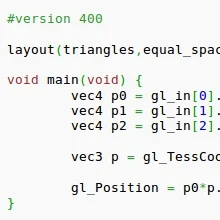Linux Impacted By Information Leak & Remote Code Execution Via Bluetooth

Bluebourne is a set of attack vectors discovered by the security researchers and affects Windows, all Android phones, iOS, and the Linux desktop, making this quite far reaching.
In terms of the Linux exposure to Bluebourne, all Linux devices running BlueZ are prone to an information leak vulnerability. Additionally, all systems running a post-3.3 Linux kernel are affected by a remote code execution vulnerability.
CVE-2017-1000250 basically comes down to a stack overflow within the kernel, similar to CVE-2017-1000251. "A client could send arbitrary L2CAP configuration parameters which were stored in a stack buffer object. These parameters could exceed the buffer length, overwriting the adjacent kernel stack contents. This exchange occurs, prior to any authentication, when establishing a Bluetooth connection."
More details via the Bluebourne page.
26 Comments

